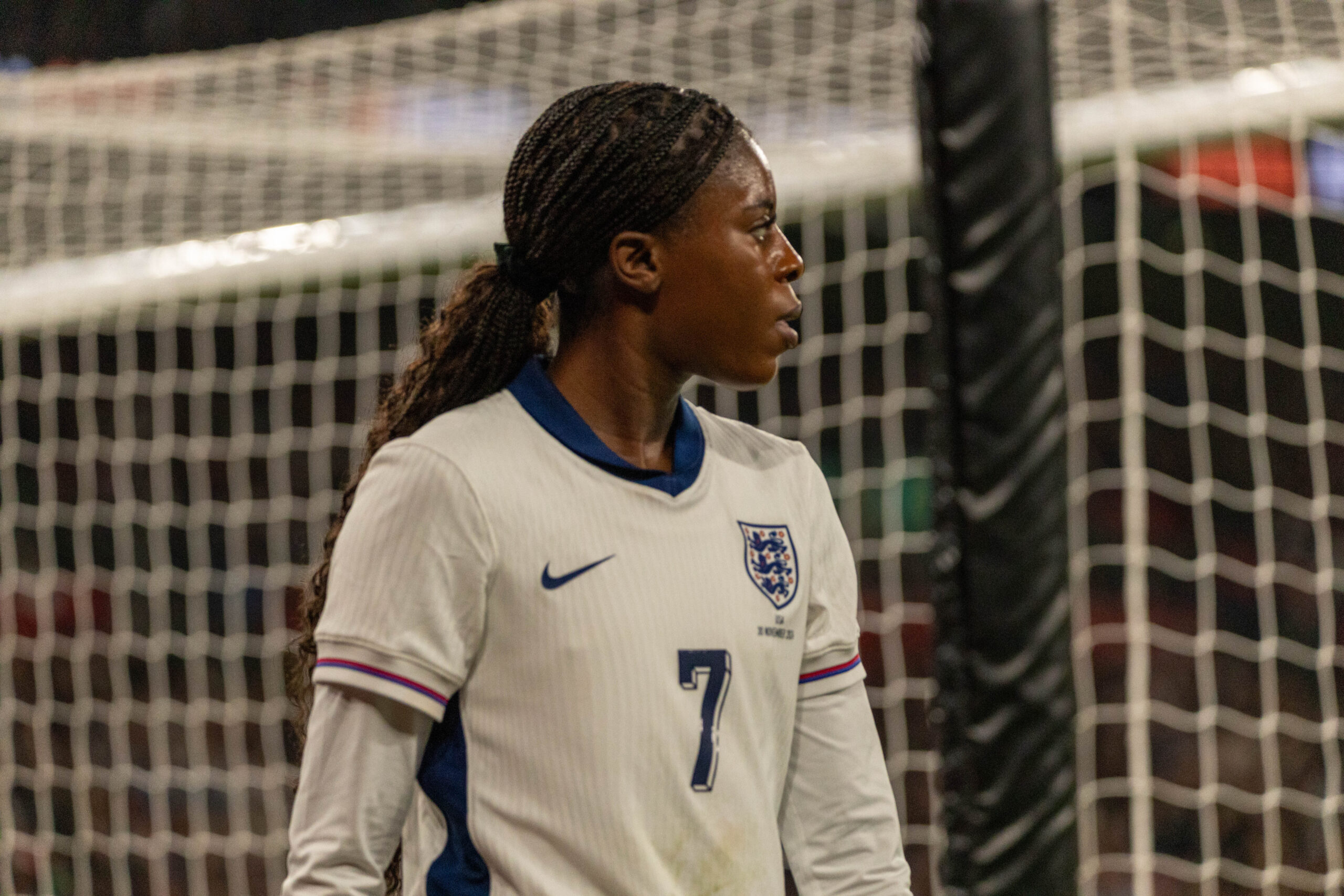Racism will not simply end unless clubs, players, journalists, and fans stand together and call it out for what it is.
Yesterday, Tottenham Hotspur forward Jessica Naz came out with the following statement:
“I was going to wait till after the game to speak because I’m done being quiet. I was subjected to racial abuse in my DM’s. Racism in any form is unacceptable and it is important to address this behaviour and ensure that steps are taken to prevent it from happening again.”
Jessica Naz joins the list of players, including Lauren James, Khadija Shaw, and Jess Carter, who have recently made statements expressing the online racial abuse they have faced, highlighting how this behaviour remains unacceptable.
Women’s football is often celebrated for fostering a more inclusive and diverse environment than the men’s game, one seen as less hostile. It prides itself on being an accepting space that champions progress and growth. Yet one thing has remained structurally ingrained: the persistence of racism, which continues to target Black players despite the sport’s strides towards inclusivity.
The phrase ‘I’m done being quiet’ speaks volumes about how far players are pushed before they feel they have the right to speak out against the abuse they face, underscoring how common these experiences are. Social media companies and governing bodies must do more to protect players from such harm.
Gone are the days when racial abuse was treated as the player’s burden alone, with expectations that they simply brush it off and prove their worth by working ten times harder than their peers.
Racism will not simply end unless clubs, players, journalists, and fans stand together and call it out for what it is. More needs to be done to hold people accountable and commit to real, meaningful action that makes the women’s game safer both on and off the pitch, rather than relying on recycled slogans and hollow gestures.



